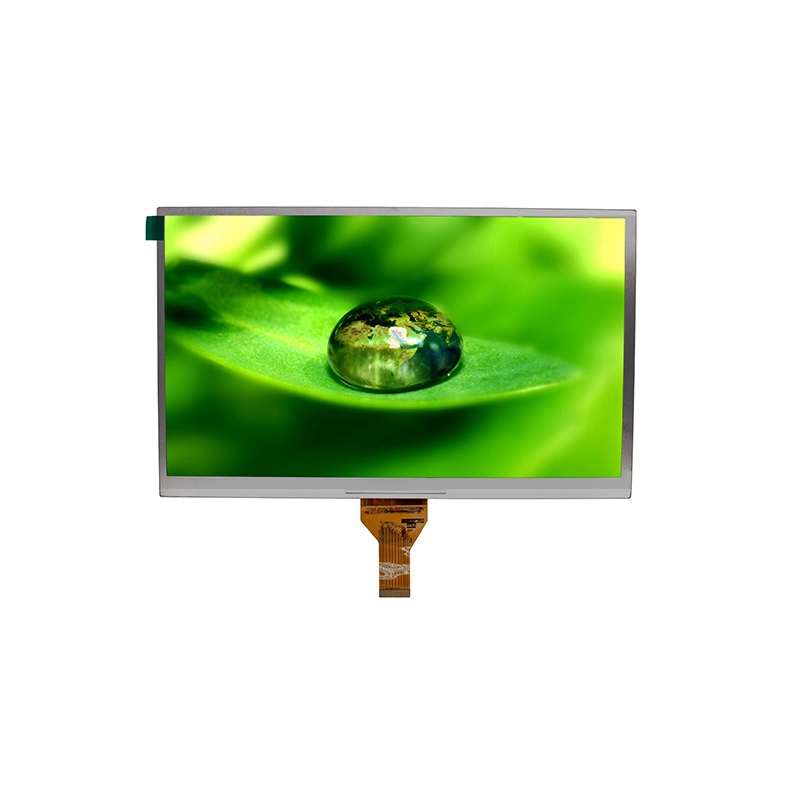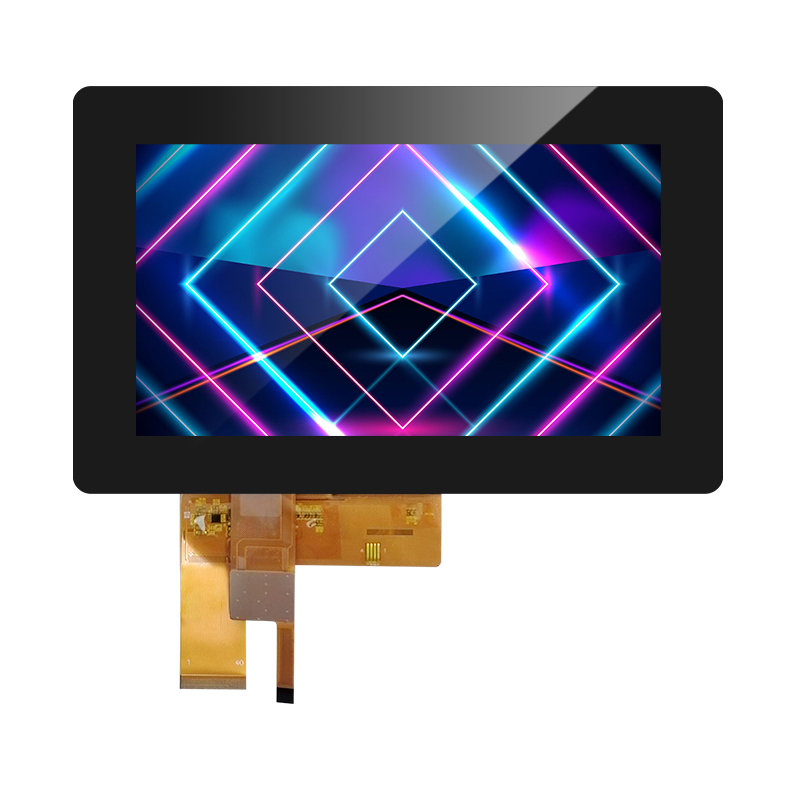
Choosing the right 8x8 dot matrix display for your Arduino project can significantly impact its functionality and aesthetics. This comprehensive guide will walk you through the key factors to consider when selecting an 8x8 dot matrix display, comparing different models based on their features, price, and ease of integration with Arduino. We'll delve into the technical specifications, highlighting advantages and disadvantages to help you make an informed decision.
An 8x8 dot matrix display is a type of LED display consisting of an 8x8 grid of LEDs. Each LED can be individually controlled, allowing for the display of various characters, symbols, and even simple animations. Their small size and relatively low cost make them ideal for a wide range of Arduino projects, from simple digital clocks to more complex custom interfaces. Commonly used types include common cathode and common anode configurations, influencing how you'll wire them to your Arduino.
The main difference lies in how the LEDs are connected. In a common cathode display, all the cathodes (negative terminals) are connected together, while each anode (positive terminal) is individually controlled. In a common anode display, the anodes are connected, and the cathodes are controlled individually. This affects the wiring and code required for your Arduino project. Understanding this distinction is crucial for proper operation.
The brightness of the display is important, especially in environments with varying lighting conditions. A higher brightness ensures better visibility. The viewing angle determines the range of angles from which the display can be clearly viewed without significant loss of contrast or brightness. Check the datasheet of your chosen display for specifications on both of these factors.
The power consumption of the display is an important factor, particularly for battery-powered applications. Lower power consumption extends battery life. Look for displays with specified current draw to estimate the total power requirement for your project.
Most 8x8 dot matrix displays use a simple parallel interface, connecting directly to the Arduino's digital pins. However, some might use serial communication protocols like I2C or SPI, which simplifies wiring but might require additional libraries for Arduino programming.
While specific pricing fluctuates, here's a general comparison of popular choices (prices are estimates and should be verified with current online retailers):
| Display Model | Type | Approximate Price (USD) | Key Features |
|---|---|---|---|
| MAX7219-based display | Common Cathode (Often) | $3 - $5 | Uses a driver IC, simpler wiring |
| Directly-driven 8x8 LED matrix | Common Cathode or Common Anode | $2 - $4 | Requires more Arduino pins |
Note: Prices can vary widely depending on the retailer and specific features. Always check multiple suppliers before purchasing.
Selecting the ideal 8x8 dot matrix display for your Arduino project involves careful consideration of several factors, including display type, brightness, power consumption, and interface. By understanding these aspects, you can choose the perfect display to enhance your project's functionality and visual appeal. Remember to always consult the datasheets provided by the manufacturer for detailed specifications and application notes. For a wider selection of displays and components, consider exploring Dalian Eastern Display Co., Ltd. — a reputable supplier of LCD and LED display solutions.
Remember to check the datasheets of specific models for accurate information on pricing and other details.












